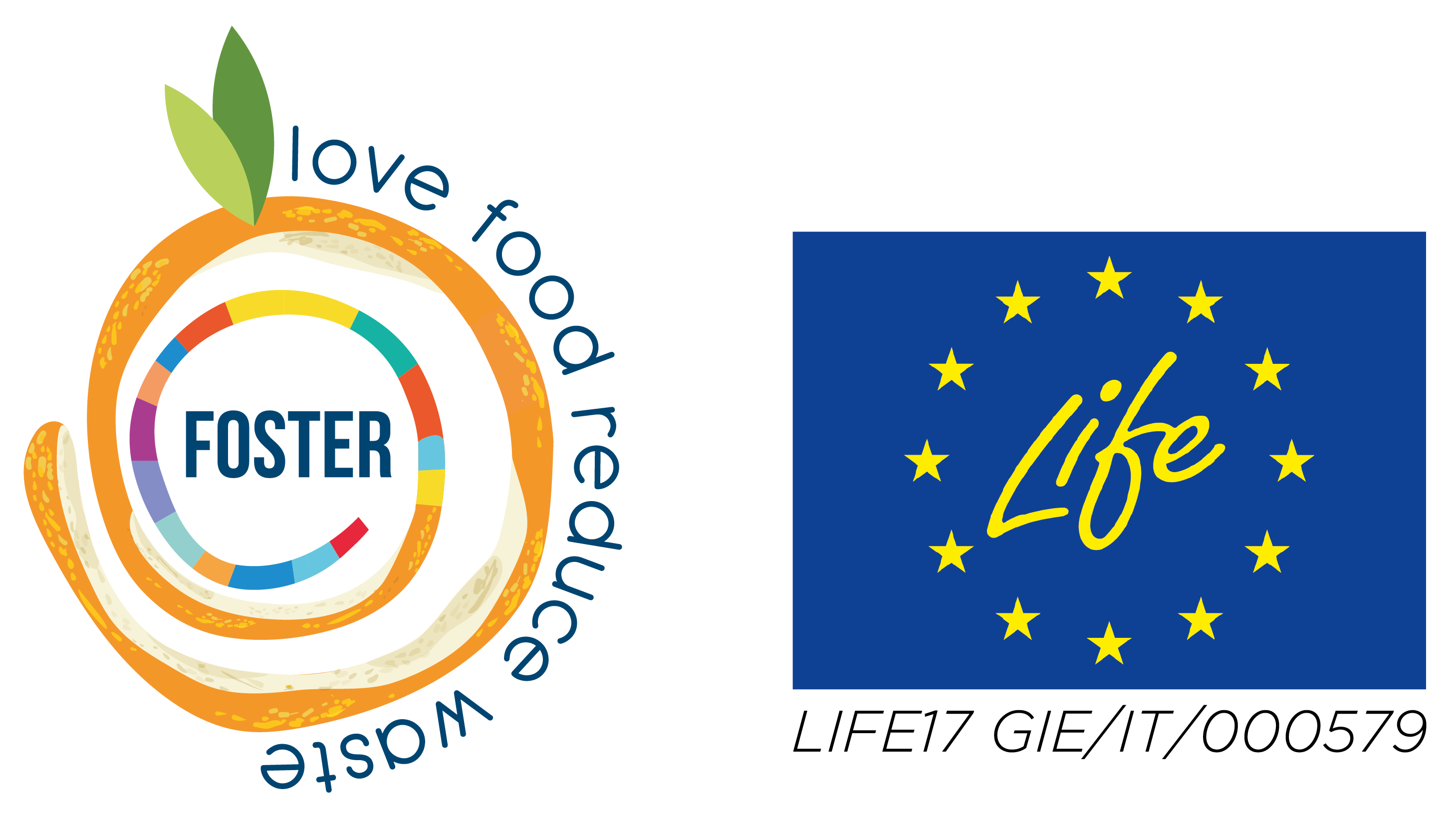EU LIFE FOSTER Project launched – MBB and ITS collaborate to tackle food waste in hospitality

EU LIFE FOSTER Project launched – MBB and ITS collaborate to tackle food waste in hospitality
Tuesday 5th February 2019 – The Malta Business Bureau (MBB) and the Institute of Tourism Studies (ITS) this morning launched their participation in the EU LIFE FOSTER Project. The objective of this three-year project is to support the reduction of food waste in Malta.
MBB President Simon De Cesare stated that “Food waste is a challenging environmental topic which also very tangibly affects businesses’ bottom line. The capacity building element of this project leaves us very hopeful that not only can we support Malta’s achievements in food waste reduction, but also contribute to the continuous professional development of Malta’s largest economic sector, the hospitality industry. The MBB strongly believes that through careful implementation, Malta’s investment in economic sectors can also bring about environmental and social sustainability.”
During the launch, ITS CEO Pierre Fenech focused on national policy, “With this collaboration, we will complement the current drive on domestic food waste management, by targeting the hospitality industry. This will contribute in part to immediately addressing Malta’s waste problems and forms a good basis for future work plans dealing with food waste.”
MBB CEO Joe Tanti added that “the LIFE FOSTER project will have an extensive reach and ambitious objectives. It boasts a strong European partnership consisting of business representative organisations, a top university on gastronomic science, and vocational education and training centres. Through each partner’s network, the project aims to impact on 70 Vocational Education and Training centres, 7,000 students, 500 trainers, 200 policy-makers, 3,600 companies and 10,000 professionals across the European partners. These are ambitious, but achievable numbers.”
Closing the launch, ITS Corporate Services Director Claire Briffa stated “The project focuses mainly on training and prevention. ITS will identify lecturers who will attend food waste management training in Italy, being trained in methods of food waste reduction in restaurant environments. They will then train other ITS lecturers, and all these lecturers will train the students. Students will use these techniques immediately, during work placements locally and abroad, which will result in these methods being adopted by restaurants in the short term through placements, and in the long term through employment.”
The LIFE FOSTER project will implement a bottom-up approach involving the education of trainee chefs, kitchen staff and front-of-house restaurant personnel. This will be coupled with promotion of the project’s findings through seminars and workshops targeting restaurant staff and owners, networking with other LIFE projects dealing with food waste, and through the engagement of policy stakeholders.
The project will culminate in a Food waste ‘hackathon’ in the final year, where three ITS students will compete against students of the other partner countries in designing and cooking the most food-efficient menu.
Food waste has become a key priority on the European agenda, in the context of a drive towards reducing waste production more generally. This has been reflected in the European Commission’s 2015 Circular Economy Action Plan which lists food waste as one of its priority areas. Globally, 30% of food is wasted.
ENAIP NET (Italy) is the LIFE FOSTER project’s lead partner, with the Malta Business Bureau (MBB – Malta), Institute for Tourism Studies (ITS – Malta), Federazione Italiana Cuochi (FIC – Italy), University of Gastronomic Sciences (UNISG – Italy), Confederación Española de Centros de Enseñanza (CECE – Spain) and Agence nationele pour la Formation Professionelle des Adultes (AFPA – France) making up the rest of the consortium.
LIFE FOSTER project (LIFE17 GIE/IT/000579) has been co-funded with the support of the LIFE financial instrument of the European Union. This press release reflects only the author’s view. The European Commission is not responsible for any use that may be made of the information it contains.


